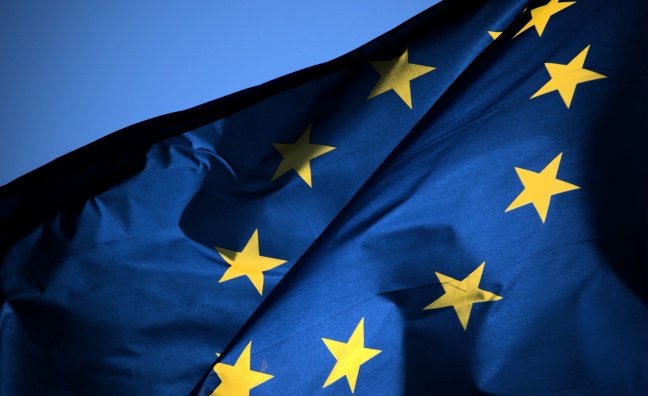Amid negotiations between the EU institutions on the final shape of the Copyright Directive, rightsholders are at cross-purposes over the legislation.
The European Commission, Parliament and Council are currently negotiating the exact wording of the final European Copyright Directive, including the controversial Article 13, which – in its original form – obliged owners of User Generated Content (UGC) sites to take responsibility for all content on their platforms.
After a setback last summer, the Copyright Directive was eventually given the backing of the European Parliament. But as the draft text is discussed by EU policymakers ahead of another vote in the spring, there are concerns among music rightsholders that it falls short of the original objective.
A group of European creatives and rightsholders, including the IFPI and IMPALA, have urged the EU to make substantial changes to the draft proposal circulated by the Romanian presidency of the European Council. They warned that it does “not meet the original objective of Article 13 and urgent requires significant changes”.
The joint statement said: “After years of hard work, the Copyright Directive is at a very critical point. The January 13 proposed text circulated by the Romanian Presidency falls below the standard of the three texts produced by the three European Institutions and would not be an acceptable outcome of the negotiations.
“The European Union cannot miss this unique opportunity to achieve one of the key objectives of the European Commission proposal, which was to correct the distortion of the digital market place caused by User Upload Content (UUC) services.”
Music publishers' associations ICMP and IMPF also signed up to the statement.
However, a separate group of bodies from the creative sector have called for a suspension of negotiations on Article 13 until a case in Germany involving YouTube’s liability for copyright infringement is settled. The intervention has come from the audiovisual and publishing sectors, and includes the Motion Picture Association, Premier League and the Independent Film & Television Alliance – no music bodies have urged any delay in negotiations.
Since the European Parliament passed the Copyright Directive, YouTube has been actively lobbying against the proposals and warning of unintended consequences for artists' ability to reach global audiences if user-generated content is removed.








